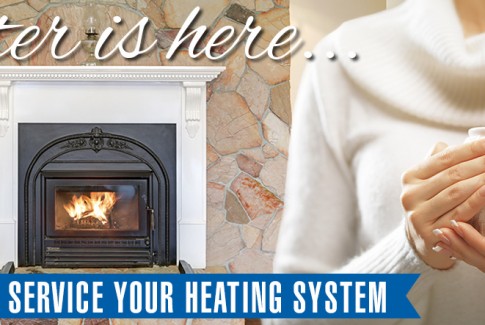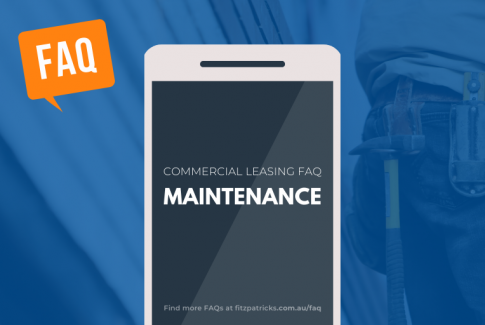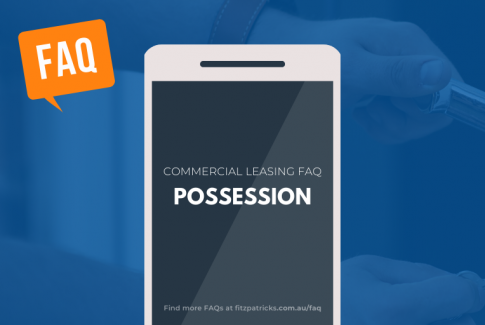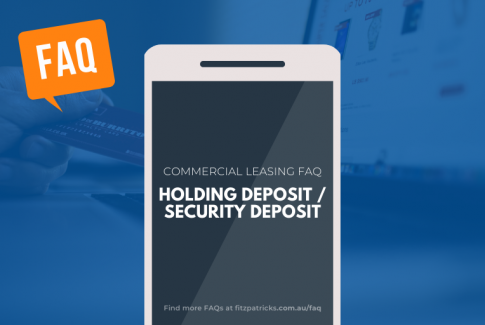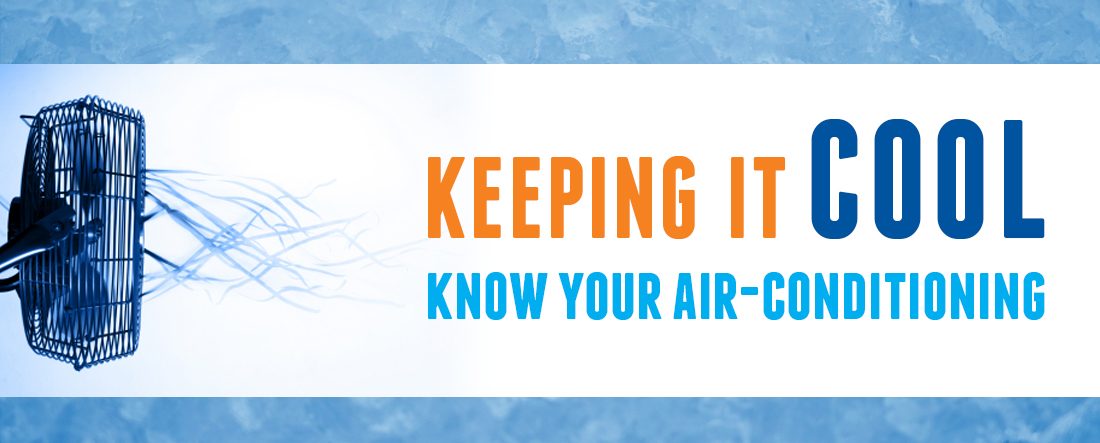
With 2016 the hottest year on record and the scorching summer temperatures predicted to continue, there’s no doubt air-conditioning is an essential.
Wagga Wagga is known for its extremes in weather – contrasting very hot summers with freezing cold winters. Year round comfort is an essential thing both buyers and renters are looking for, and it can certainly be a deal breaker, so it helps to have a bit of knowledge about what is on offer and if it will suit your needs.
The most common forms of cooling in properties in Wagga are:
Evaporative cooling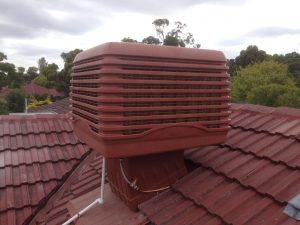
Evaporative coolers cool air by filtering it through water, thus lowering its temperature, and produce humid air because the air absorbs water during the cooling process. These systems work best when a small amount of outside air circulates into the home while the cooler is on, which is why it is advised you crack your windows open a little while you have it running.
Pros: energy efficient, simple to install and maintain (with less working parts, there’s less that can go wrong)
Cons: as it creates humid air, it doesn’t work in already humid conditions – which Wagga is sometimes prone to. Also, because it puts moisture into the air surfaces tend to feel “damp”, especially if there isn’t proper ventilation, and to work efficiently you need to open a few vents or windows. Having these open poses a security risk if there aren’t proper security grills or the like installed.
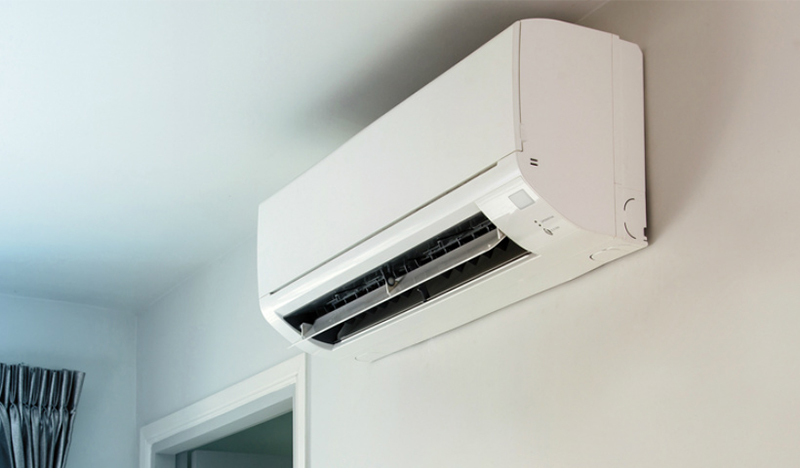 Refrigerative split system air-conditioning
Refrigerative split system air-conditioning
Refrigerative air-conditioners, commonly taking the form of a reverse cycle and/or split system unit, work by taking humidity out of the air. These systems produce cold, dry air and work best in an airtight home. They can be set to maintain a specific temperature and a reverse cycle unit, as the name suggests, can also be used to heat in the winter.
Pros: instant and effective cooling effect, works in all weather conditions
Cons: relatively pricey initial set up plus generally more power hungry and therefore expensive to run. They also can only cool a designated area (unless you have a ducted system, you can only cool the area the unit is in, ie. a room, not the whole house). As the air is constantly recirculated (not drawn in from outside like with an evaporative system) it can feel stale.
Ceiling fans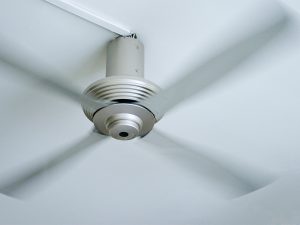
The humble ceiling fan is a staple in many homes, and for good reason. Simple but effective technology, the fuss-free mechanical operation of swirling blades draws hot air up and cool down, creating air flow that indirectly cools your body by enhancing sweat evaporation. Modern ceiling fans can also be used in winter, with the rotation reversed to pull cool air upward and force warm air down, assisting with distributing heat better.
Pros: quiet, cheap and easy to install plus energy efficient to run
Cons: you’re only circulating the air around an area, not actually cooling it, so you won’t experience the instant chill offered by air conditioning units. (The cooling effect is actually the wicking away of sweat.) Also, for obvious reasons they’re not advisable for exceptionally tall people in homes with low ceilings…
Things to keep in mind
- If you have both an evaporative cooler and a split system air-conditioner, do not run them at the same time. Doing so would cause the two systems to work against each other.
- If you have a split system air conditioner, there is no need to crack a window or open a door to make the system more effective. In fact, this will make the system work harder and cost you more money.
- It is best to carry out maintenance of an evaporative air cooler at the beginning and end of the cooling season. Evaporative coolers need to be serviced regularly as a preventative measure against any potential source of Legionnaires’ disease and the build-up of sediments and algae.
- Routine cleaning of the filters of your split system units ensures optimum operation – blockages can lead to water leaks, constrict airflow and shut the unit down.
- Dust the tops of your ceiling fan blades regularly (seasonally at minimum) – as you don’t want what collects up there when they’re not in use to come flying off when you turn them on.
Regardless of what type of system you have, make sure it is operating properly. Systems that leak water, make unusual noise, or that don’t produce cold air are probably not energy-efficient and can significantly increase your energy bill.




